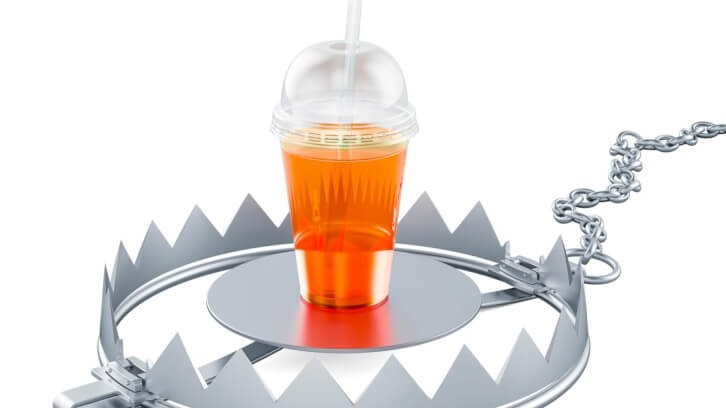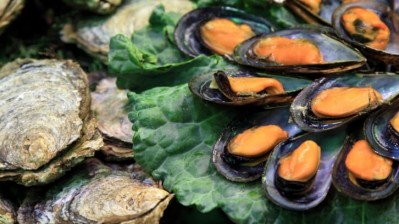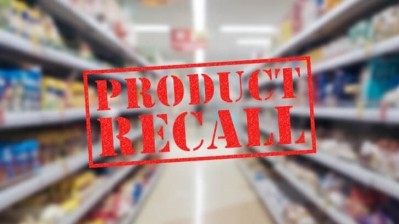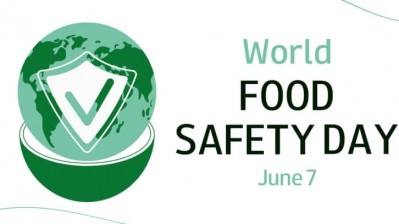News
Rogue traders spy UK opportunity

Chris Elliott, professor of food safety and microbiology at Queen's University Belfast and founder of the Institute for Global Food Security, has aired his concerns over UK food security and safety at a Chartered Trading Standards Institute (CTSI) Conference held earlier this month.
Among his concerns is the withdrawal of legitimate importers from the UK market, driven by higher costs and paperwork.
Professor Elliott – who authored the government-commissioned report into the 2013 horse meat scandal – warns that this is creating opportunities for unscrupulous businesses to bring in non-compliant and potentially unsafe foods.
He referenced a disjointed approach to food regulation and monitoring as a key risk, adding that the decision to scrap the LACoRS (Local Authorities Coordinators of Regulatory Services) system in 2010, combined with cuts to Trading Standards services, has dramatically undermined the UK’s ability to ensure food safety.
“I think the cutbacks in the Trading Standards workforce are the first problem; those people are really at the coalface and understand the problems that are going on. That, and the disjointed nature of food monitoring surveillance governance in the UK, is scandalous to be honest,” he said.
“For the last 14 years, the Conservative government has basically said, it's a free market, don't worry about it, because the food industry will take care of everything. Don't worry if we import more, because imports are cheaper. So there has been no policy whatsoever. The UK currently imports nearly 50% of all the food that we eat, so everything that happens in other parts of the world will impact us.
“I know a company based in Spain who have taken the decision not to import anything into the UK anymore because it’s not a big enough market for them to deal with the amount of paperwork. If the good guys stop wanting to import stuff, the bad guys will step in, because the UK will be a much easier touch than Europe.
“People are realising it's now much easier to get food that is not of the same quality and standards into the UK, because we don't have the same checks and measures, or the same network of exchange of information. There are lots of reports about dodgy meat turning up in Felixstowe, for example – and that's just one of the consequences of becoming very isolated.”
In particular, he raises concerns over the “Wild West” nature of online marketplaces, which is rife with fraudulent activity.
“In our food system, there are the large players, and then there are the small players, and then there's online – which is the Wild West. We have found a huge amount of food fraud online. They can basically sell whatever they want. That's what we're up against.”
He added: “There are also massive challenges out there because of our changing climate. That's really driving some bad behaviours, even with good businesses. The overuse of pesticides and illegal pesticides, for example, is on the rise because producers are trying to deal with climate crisis situations and crop failures.”
Jessica Merryfield, head of policy and campaigns at CTSI, agreed; emphasising the dismissive disposition the UK has for its food system.
“Having safe food and a secure food supply chain is something we risk taking for granted but is fundamental to our health; we need safe food to survive as humans.
“The food supply chain and landscape has changed significantly, and will continue to do so, and those regulating the food chain need the resources to do so. This means having the legislative backing to allow officers to effectively deal with the challenges arising, but the rules are only as good as they are enforced; the decimation of qualified, skilled officers in this area needs to be reversed to allow this to happen,” she said.
“Without sufficient levels of officers working to ensure our food is produced and supplied to the highest levels of safety, effectively we are allowing decriminalisation by the back door. At CTSI, we are calling for the building back of Trading Standards services over the next four years, through funding of extra posts and apprenticeships.”
In other news, Campden BRI shares insight on the UK's next set of HFSS restrictions coming into force.

















